There are many reasons as to why you might be considering going off-grid.
Maybe you are a city dweller itching to get away from the hustle and bustle and dream of living among idyllic mountain retreats and gorgeous homesteads, or maybe you want to make sure that you’re fully prepared to be self-sufficient if the worst should happen. There are many great benefits for going of grid – it’s often a healthier way of life both mentally and physically, and being able to generate and source as much of your own energy, water, and food as possible without needing to buy it is an ideal way to save a lot of money on the items that most of us see as necessary costs.
But, while dreaming about your perfect off-grid life might provide you with a nice escape from long traffic jams and your office cubicle, it won’t help you get any further towards making it into a reality. It might be a while before you are finally ready to take the leap into living off-grid, but there are certainly plenty of things that you can start doing right now to get prepared and avoid making common mistakes when you do get started.
1. Do Your Research:
If you’re serious about eventually living off-grid, then now is the best time to put in as much research as you can into off-grid living preparation. The good news is that with more and more people choosing to live off the grid and many of them sharing their experiences, tips and lessons online, there’s a huge wealth of online resources available that you can use to learn as much as you can before you finally make your move. If you want to become as self-sufficient as possible in the event of disaster, or simply because you don’t want to rely on anyone else any longer, it’s a good time to start reading up as much as you can about homesteading.
2. Find Realistic Potential Locations:
Location is a hugely important factor when it comes to moving off grid, especially when you are estimating the cost. You should think about a wide number of factors including the climate, taxes, land availability, landholding options and building code requirements. And if you have decided that you are going to continue working at your current job while living off grid, then you will also need to consider your commuting time and costs and whether or not you will need to invest in a better vehicle before moving. Pick-up trucks are a very useful form of transport when you’re living off-grid.
3. Planning Your Off-Grid Home:
There are many different options to consider when it comes to putting together your perfect off-grid home or shelter. Once you have chosen a location, it’s now time to do some digging into what options are available to you when it comes to getting an off-grid home. Maybe you will be able to buy an off-grid cabin, or perhaps you will need to build your own. It’s also certainly worth considering which you’d prefer – many off-gridders like the idea of building their own homes rather than relying on purchasing one designed and built by somebody else.
If you’re planning to go down the route of building your own home, then consider the kind of materials you’re going to need, whether or not you will need to obtain planning permission, and exactly how big you’re going to need the home to be. It might be worth taking the time to drive around the area to have a look at what other locals are using for building materials and the type of homes that they have.
 4. Plan Your Energy and Water Options:
4. Plan Your Energy and Water Options:
A large part of your off-grid living preparation will be finding out about the energy and water options that are available in your chosen area. There are several different self-sufficient, off-grid suitable methods for generating energy, so review all the different options including solar panels, other forms of solar power generation, wind power, windmills, wind turbines, generators and battery systems. Bear in mind that some of these may work better than others depending on the location of your home – for example, if you tend to get more wind than sun, a wind turbine is going to produce more energy than solar panels. Some of these may not be an option at all. If you can, find other off-grid residents in the area and speak to them about the energy production options that they are using.
And, don’t forget about getting water. Depending on where you are planning to live, there are options such as water delivery, pumping or hauling from a nearby body of water, or drilling a well on your property. You should take the cost, labor and practicality of each option into consideration before you decide.
5. Consider On-going Work and Maintenance:
Many people make the mistake of thinking that living off the grid is all about log fires and living as old-fashioned as possible, but in many cases that could not be further from the truth, with many sophisticated, modern homes completely off the grid today. However, when you are producing your own energy, ongoing work and maintenance to ensure that your home is being run as efficiently as possible is more important than ever. For example, it’s worth ensuring that you can get regular HVAC maintenance in your off-grid home so that your heating and cooling systems aren’t eating through the energy that you generate from solar or wind power, or your generator.
Reputable companies like Semper Solaris can provide heating and air conditioning repair, which you should have done as soon as possible when needed to conserve energy. They can also fit the best heating and air conditioning units to your off-grid home when you get started, making sure that your dwelling is as energy-efficient as possible from the start.
6. Finding Food:
Some off-gridders will still go to grocery stores and get their food supply, while others prefer to live off the land and be as self-sufficient as possible. Whichever you choose, or whether you decide to do a little bit of both, remember that there’s no right or wrong way to go off-grid, and it’s all about finding what works for you. If you plan to hunt, trap, or fish for your food, then now is the perfect time to learn the skills that you will need to do this effectively, along with making a list of any hunting, trapping, fishing and emergency supplies that you will need for the process.
In addition, make sure that you spend some time looking up licensing requirements for your area – you may be required to obtain a license before you are able to hunt, trap or fish, and this could be restricted by season or other factors. And, it’s always worth coming up with alternative ideas for getting food if you are unable to live off the land around you for any reason. Even if you don’t plan to go often, make a note of where the nearest stores are in case you ever need emergency supplies.
Living off the grid is becoming increasingly popular, and it’s a great way to make sure that you’re least affected in a big disaster situation. While everybody else will be learning to live off-grid, you’ll already be there.

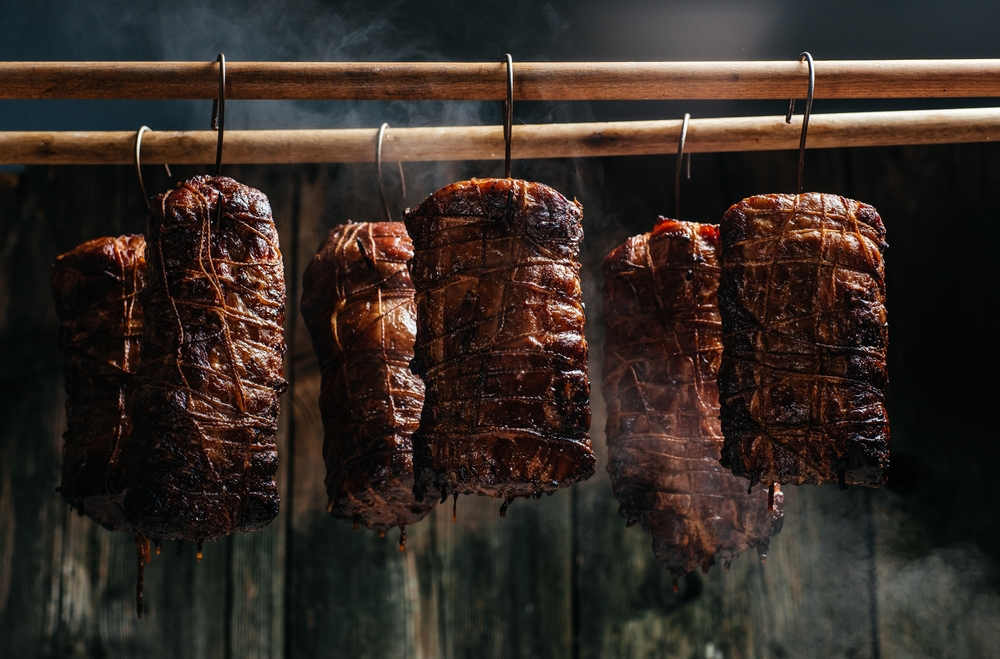

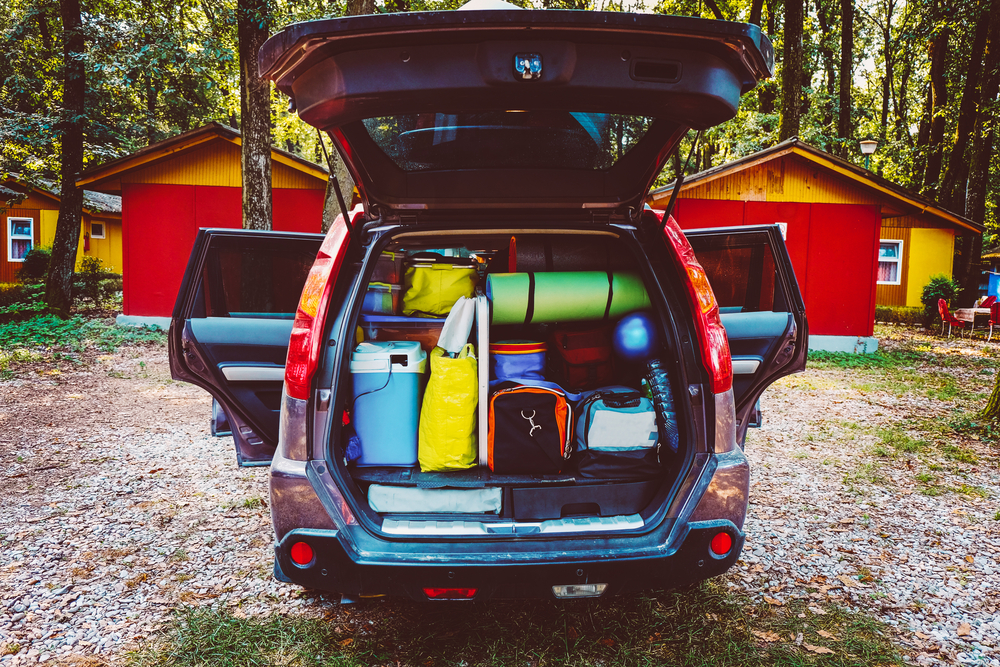


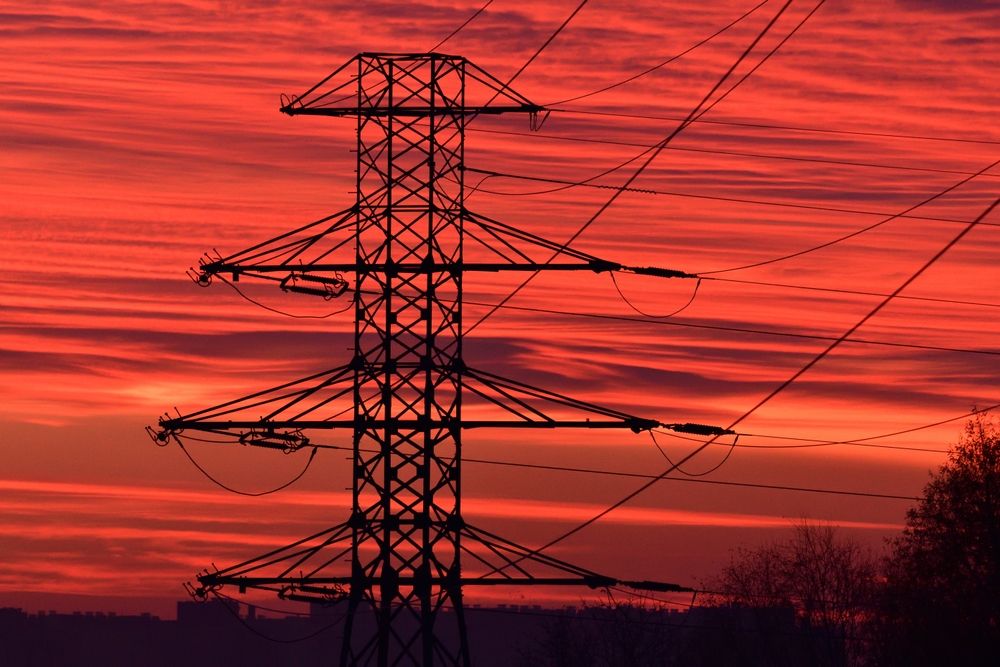













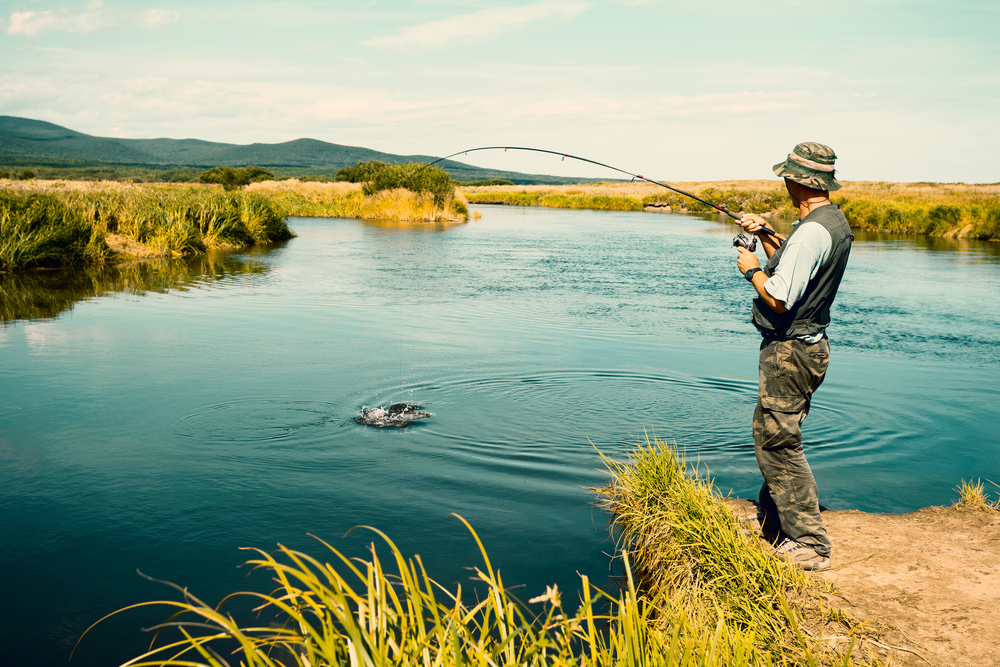


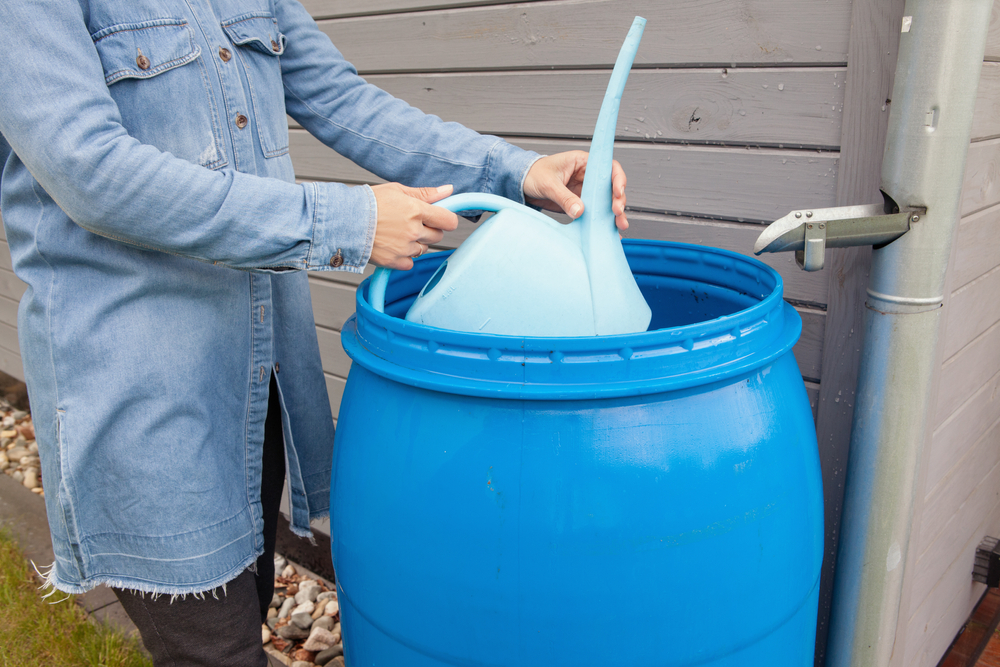
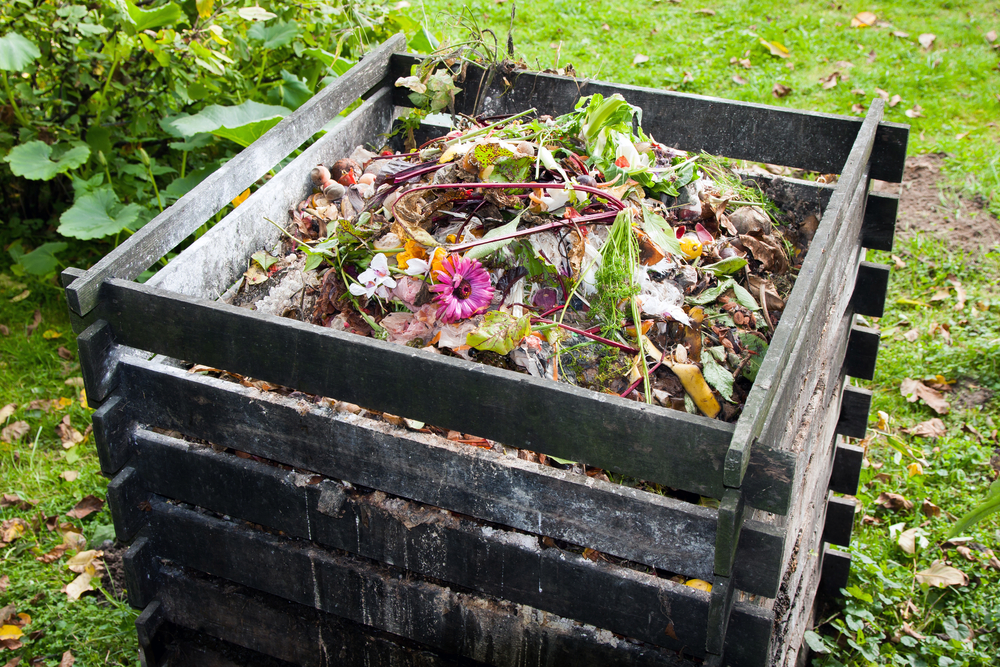
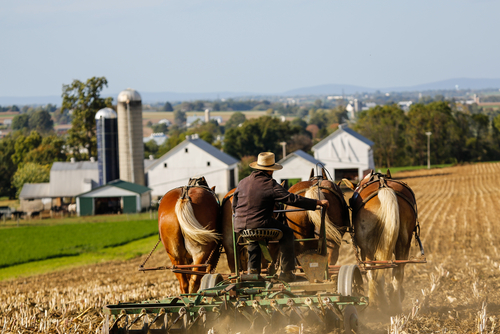
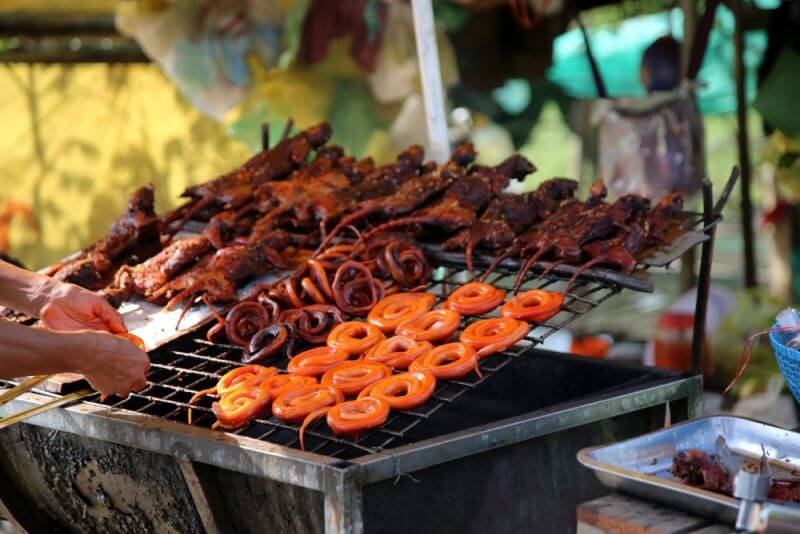

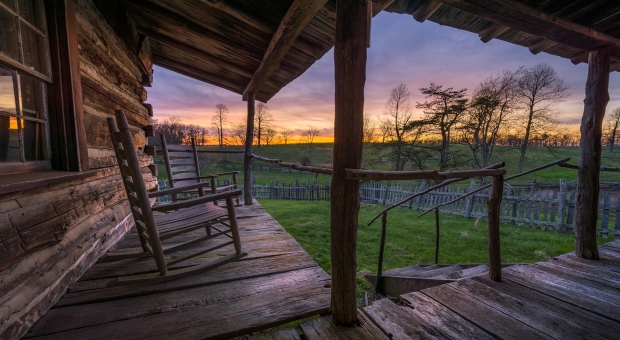
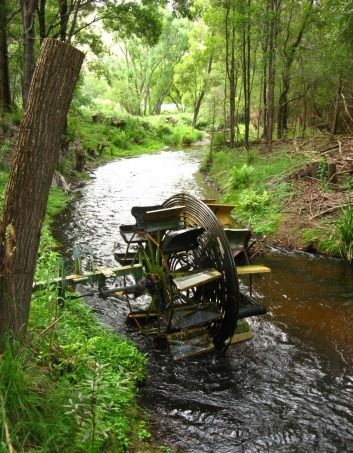 4. Plan Your Energy and Water Options:
4. Plan Your Energy and Water Options:








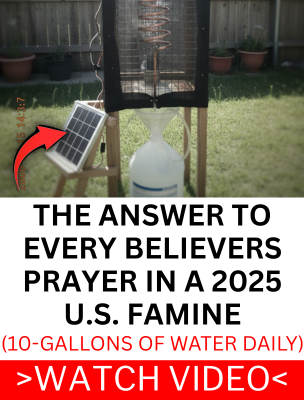
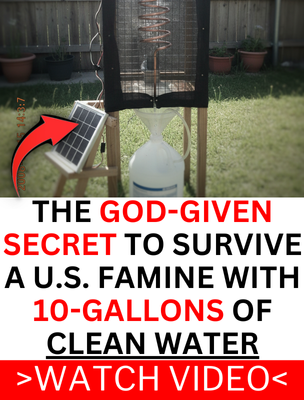













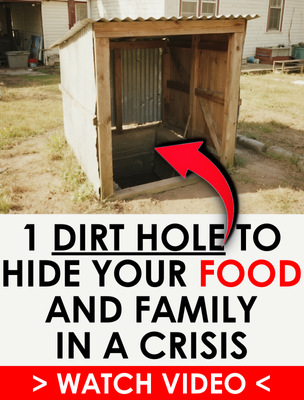


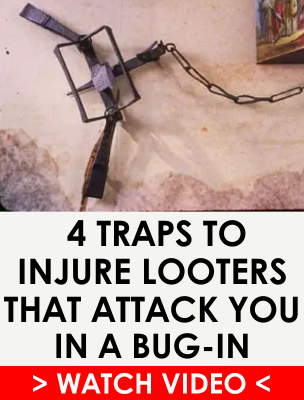
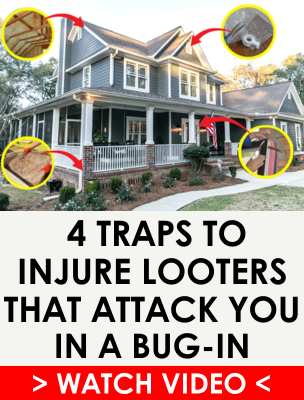










Good information, much more than i have found in the many articles i have read. Abiding by all local codes is not an easy task, and finding a lot where one may build, or park a trailer with no time limit, are extremely limited wherever one chooses to live.
I do applaud efforts to provide clean, safe, modest temporary quarters for the homeless or vastly underpaid folks.
Thank you for your feedback, Steve.
All the best,
Survivopedia team 🙂
There is so much useful information contained in this post. Really smart witty way to say things. I really appreciate it. I will check back later for more great content. I can’t wait to read more in the future. Thanks again.